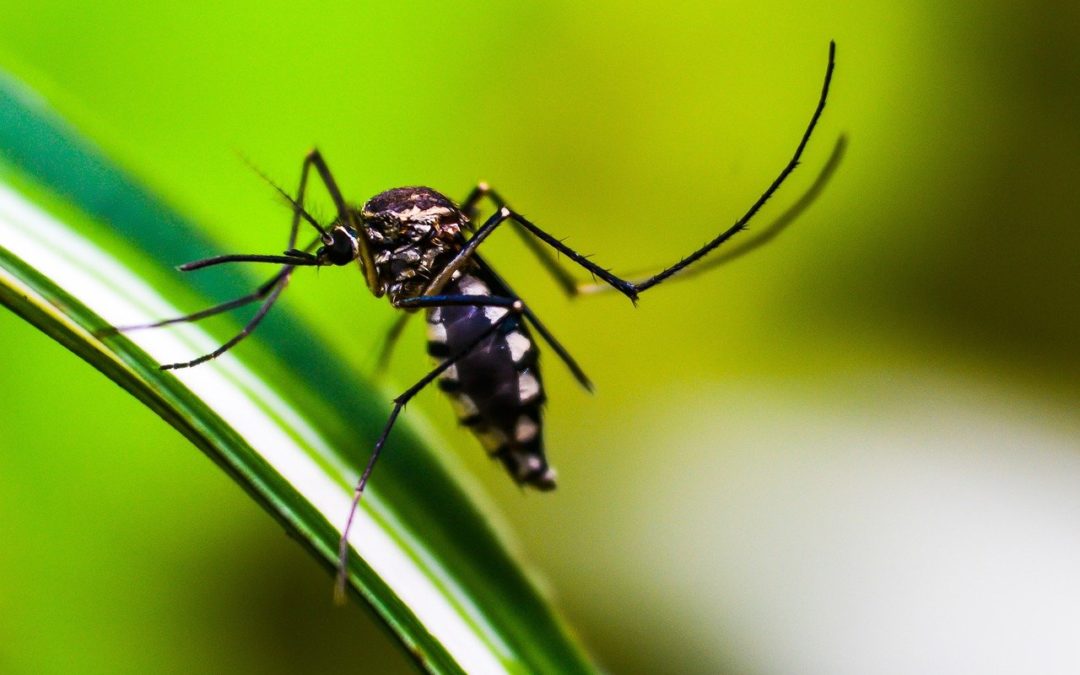Malaria is a parasitic disease caused by Plasmodium, which is spread through the bite of an infected mosquito. Malaria is only transmitted by mosquitoes belonging to the Anopheles genus. Fever, vomiting, and/or headache are some of the symptoms of the condition. The ‘hot’, ‘wet’, and ‘cold’ phases of a typical malarial fever develop 10 to 15 days following the mosquito bites. Blood slides are inspected under a microscope to diagnose malaria, and the parasite can be detected inside red blood cells. In rural places where microscopes are unavailable, rapid diagnostic test kits (RDTs) are used to diagnose malaria.
The most frequent malaria parasites are Plasmodium vivax or Plasmodium falciparum, with Plasmodium malaria and Plasmodium ovale being less common. If left untreated, P. falciparum infection is the most dangerous, causing renal and brain issues, as well as death. Chloroquine was once the gold standard for malaria therapy, and it is still used in most countries for P. vivax, but P. falciparum has evolved resistance to it. As a result, artemisinin-based combination therapy is currently recommended as the first line of defense against malaria. Malaria prevention recommendations include the use of insecticide-treated nets at home and indoor residual pesticide spraying. These precautions work by limiting exposure to infectious mosquito bites.
Malaria can affect everyone, but persons who reside in Africa are at a higher risk of illness. Malaria increases the risk of death in young children, the elderly, and pregnant women. People who are poor and do not have access to healthcare are more prone to get medical problems. The disease can affect everyone, but persons who reside in Africa are at a higher risk of illness. Malaria increases the risk of death in young children, the elderly, and pregnant women. People who are poor and do not have access to healthcare are more prone to get medical problems.




